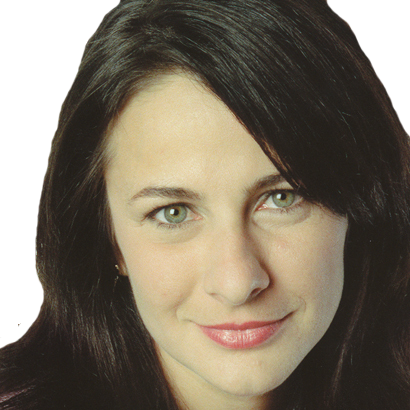
Juliet Macur
Ithink a lot of sportswriters started out wanting to be a sportswriter and following teams and really being in love with sports from a fan’s perspective.
"Still Boy Wonder." Orlando Sentinel, February 2000
“Bill's World: Chasing NFL immortality.” The Dallas Morning News, 2003
“Emotional Steinbrenner Aims To Put All His Houses in Order.” The New York Times, May 2004
“Soldier Series.” The New York Times, 2005
I can't really say that about myself. I didn't follow any pro teams growing up. I wasn’t a fan of anything until 1986 when the Mets won the World Series.
Sports were something I did with my dad. He played semi-pro soccer when he came to America, and he was really into playing sports with me. We would go to throw the baseball around or try to figure out how to play tennis. Golf was always interesting, we didn't know the rules or anything. But I really loved running, it was my first sport.
I started running when I was a really little kid and I ran my first 10k when I was nine-years-old. I was in the Junior Olympics in track and field. I played basketball throughout high school but I had knee problems so I didn't end up playing in college.
Then my sophomore year of college I started rowing because I thought 'I'll do something that doesn't require your legs, I'll do rowing,' because I didn't realize rowing is actually mostly your legs. I tried that and I fell in love with it. Basketball is a really fun game to play because of the teamwork and the skill of it, but I really love kind of the solitude of running and sort of pushing yourself as a runner. Rowing combines both, pushing your self as an athlete and this incredible amount of teamwork.
When I wasn’t playing sports, I was writing. Ever since I was a kid I would write these stories to people or just describe people. I would write anything – from poems to greeting cards. I've been writing my whole life and it was something I really enjoyed.
After college I thought I should go to law school, not because I necessarily wanted to be a lawyer but it’s because my mom and dad came to America from Poland after the war after being in the Nazi slave labor camps. For them, having a son or daughter who was a lawyer was quite a big deal.
But I took some time off to try and make the national team as a rower after college. I spent a couple years wasting all my money on trying to be a rower. I didn't make the national team and decided to go to journalism school because I didn't want to be a lawyer and waste time doing something that I didn't love. I'm just going to do what I love to do see if I could be successful at it.
The problem was I had absolutely no experience, I didn't write for my college newspaper. I was starting out from zero. I had gotten a job at a small weekly newspaper in Westchester County called The Enterprise. It covered five tiny towns on the Hudson. There were two other reporters, I wrote about 10 stories a week and I covered everything and I had no idea what I was doing. It was an absolutely incredible couple months of me trying to figure out what the heck I was doing as a journalist. But I really loved writing and talking people so I used those clips to get into journalism school and ended up going to Columbia.
I got an internship to work at Newsday for the summer in Long Island, on their features desk. Like I said before, I had absolutely no idea what being a reporter entailed or how to write a sentence. I remember my first assignment was TWA Flight 800. The flight that was going from New York to Paris had crashed right off the coast of Long Island so it was a big, big deal for the newspaper.
My job as an intern was taking the list of people who had died on the flight, trying to track down their relatives or someone who knew them to write these little bios; who they were, where they were going. That was my first real job as a journalist, calling these families who had just lost a loved one, asking them about that person. It was kind of a shocking first assignment.
I really decided that I was going to be a sports journalist my second semester of journalism school. One of my Columbia professors was Sandy Padwe. He was the interim dean of the journalism school and a former sports columnist, and sports editor at The New York Times. He said that I should try it because I was an athlete myself and he said you could travel a lot as a sportswriter.
You could travel all over the world. If you're not going to be a sportswriter then you have to start out covering courts or cops or something in the middle of the country, maybe in a small town and it might take you forever to start traveling and seeing the world on somebody else's dime.
After journalism school I got an internship at The Orlando Sentinel, covering anything they had to cover. It was pretty rocky at first; I really did not know what I was doing, even after journalism school.
You really don't know how to be a journalist until you're out there talking to real people. The first real person I talked to was some practice squad guy on the local arena football team. It was probably a very interesting moment for both of us, but it was a terrible story. It was amazing how something could be so short, only 350 words and yet so bad. But it was a start and I did it.
I moved on from there getting a full time job at the newspaper covering NASCAR and the Jacksonville Jaguars. At that time not many women were covering NASCAR. It was pretty painful trying to cover something like that, but not in terms of trying to get to know the sport because it was really a fascinating sport filled with absolutely fascinating people like Dale Earnhardt or Bill Elliot.
What gave me some street cred there was the fact I wasn't afraid of cars. My dad was a mechanic, so I knew my way around a car. The problem was the other reporters were not accommodating to a woman covering their sport, especially a woman who didn't know much about the sport.
The other reporters were really mean and a bunch of bullies. That was difficult to deal with because I just wanted to do a good job and get off the NASCAR beat. The funny part was the drivers, the people who worked on the cars or the owners, none of those people gave me a hard time, but all of the reporters gave me a hard time. Almost all of them were especially mean and cruel to someone who was a new journalist and new on the beat. I'm just glad after a couple of years I moved on from that.
When I moved on to the Dallas Morning News it was around the same time Bill Parcells had come to coach the Cowboys. The editors at the Dallas Morning News said 'Wow, Juliet is from is New Jersey and Bill Parcels is from New Jersey, so they're going to have a lot in common. They're going to get along really well and we should put her on Bill Parcels all year long.'
Bill Parcels is one of the greatest personalities in sports. He's a tyrant, he's manipulative, he's one of the biggest jerks I've ever covered in my life and he really made it difficult for me to get know him. I had one long interview with him early on and I wrote my first big magazine length piece about him. He didn't like it, of course, because it was too personal. After that I got cut off all together. From then on the only access I was given were his press conferences with the entire press corps. So I spent a whole year chasing him around. Other than that first year covering NASCAR and the Jacksonville Jaguars, that was the other year in journalism I was like 'why did I do this to myself? I want to quit, I should have been a lawyer.'
Covering Parcells was one of the most challenging and tough assignments I've ever had. It taught me so much because I had to write so many words about a guy who wouldn't give me any access. It was like he was dead. Writing stories about a dead person over a whole year is not easy.
In the very end, the Cowboys lost in the playoffs, very early on. I remember following Parcells to his car and then he turned around and almost got nose to nose with me. After a whole season of him berating me, he said 'You worked really hard, you did a good job.' And I remember thinking that I should have said something like oh go jump off a bridge; you're the biggest jerk I know. But instead I said, 'Thanks Coach!' I remember kicking myself, but in the grand scheme of things if Bill Parcels says that you worked really hard, that's pretty good. He doesn't give compliments to journalists on a daily basis.
Tom Jolly was the sports editor at The New York Times when I was hired. Neil Amdur was recruiting me; he was sports editor before Tom Jolly. We had been in touch and I wasn't sure if I wanted to move to The New York Times, because I was pretty happy in Dallas.
I got to write these long narrative stories that I really, really enjoyed and it was just a great place to work. I was doing what I really wanted to do in Dallas and I was afraid going to go to The New York Times. I was afraid I would be covering a beat like the Jets or the Mets. I spent a lot of time as a journalist trying to get away from covering the Jets and the Mets.
In the end, I'm not sure how it was negotiated but there was a deputy sports editor at that time, Kristin Huckshorn, she became my direct editor and she convinced me that if I went there we would do long stories together. I thought, 'Okay, if you absolutely promise that I won't be covering the Mets!’ Nothing against the Mets.
I showed up and maybe a couple of weeks into my tenure there my editors said, 'We want you to write a story about George Steinbrenner.’ They said they wanted me to write a long profile about George Steinbrenner. I said 'But, George Steinbrenner doesn't talk to the media!'
My editors had heard that he was having some dementia and they weren't sure what his health was like. So they decided I should investigate it and do a story about him. I knew it wasn't going to be an easy story. I don't know how long it took me, it felt like a couple weeks to try to figure a way to get myself in front of George Steinbrenner and ask him for an interview.
Somehow I ended up on the second day of the season sitting next to Steinbrenner in his owners box with nobody else there, just me next to Steinbrenner and him just talking away.
I remember him saying, 'What's a nice girl like you doing in a job like this?' and I was thinking, 'Oh my god, I'm right next to George Steinbrenner! It's the day after opening day, this is so weird.' He just talked and talked and then I ended going back to his office, which is right behind his seats.
He introduced me to his staff and said, 'Everybody, this is Juliet, the princess of The New York Times!' I should have said don’t call me princess but I was just in shock of what was happening. I remember taking the opportunity to ask him in front of all these people. I said, 'Can I come down to Tampa to interview you, please?' And he said, 'Here's my secretary's phone number, give her a call'. I ended up the very next week in Tampa, interviewing him at the facility down there.
We talked for more than three hours, I think it was the last interview he ever gave. To me it was really special listening to him tell all these stories. He got very sad thinking about his father's death and his impending death and what it meant to, over the years, be the person who he was.
At the end, I remember getting up and he gave me one of these side hugs. I just didn't know what to say, he kind of grabbed me from the side and I'm thinking 'I'm being hugged by George Steinbrenner, this is the weirdest thing ever.' The story ended up on the front page of The New York Times and that was my first byline at the Times.
I remember thanking god for putting me in that situation where somehow George Steinbrenner, felt sorry for me as the princess of The New York Times given this hard assignment. That was how I started out at the paper. Not too bad of a start.
As a columnist now, I write about almost every issue that goes on in society whether it's race, or gender, or domestic violence or cheating. I find myself in a courtroom more often than not covering Barry Bonds or Lance Armstrong or Roger Clemens. It doesn't really matter that I'm covering sports. I could be in any other department at the newspaper and covering the same issues. It's just happens that sports is the thread that connects it all together. I think it's important because the world love sports. For me, I think it's an important part of the paper because people are so passionate about it and there are so many other issues that go on in sports that go on in other parts of life.
One of the most amazing things I’ve written about was a series about sports and soldiers centered on the war in Iraq. I wrote stories about soldiers who were athletes that had lost a limb or they lost a friend to a roadside bomb. I ended up doing all these long narratives about soldiers in different parts of the country. Eventually, I ended up going to Iraq during the war and I spent a little over a month there. I followed two marines just after they had been severely injured by an IED (Improvised Explosive Device) throughout the hospital systems in Iraq, Germany and finally back in the U.S.
Another thing I remember was watching soldiers come back from searching for IEDs all day to detonate, hoping they wouldn’t be killed or injured by them. The soldiers would come back, and not even take a shower, but go play baseball because it made them feel like they were at home again. Being a sportswriter doesn’t limit you to just writing about X’s and O’s. It gave me an opportunity to write all these stories that weren’t really about sports. That’s something I will never forget.
They probably teach you this in journalism school on the first day, but I always found you have to get out from behind your computer, away from your phone and just talk to people in person. Of all the interviews I've ever landed that have been special, I've always done it in person.
It always helps to talk to somebody in person, they're always going to be more relaxed, tell you more. You'll be able to hear things and see things you won't be able to do over the phone. I don't think I ever wrote a long story based on a phone interview. I've always spent the paper's money and gone to the person's doorstep. Even if I don't know if I'm going to get the person.
I remember waiting for ten hours in front of this woman's door once when I was at the Dallas Morning News. She had been avoiding my phone calls and emails and finally I said, 'You know what? I know where she lives, I'm just going to sit here and wait.' So I sat there and I waited and waited. Eventually she showed up and I convinced her to talk to me as she was walking from her car to her front door. The best advice I could give is to get off your chair, and go knock on doors and talk to people. That’s how you get the story and that’s how you see things you won't be able to see any other way.
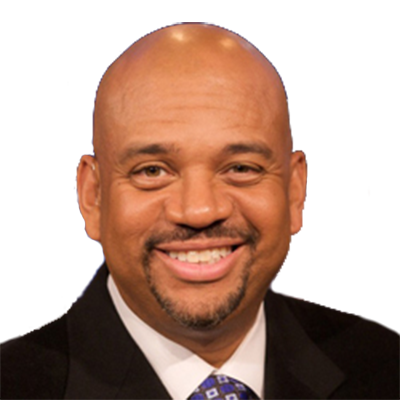 Michael Wilbon
Michael Wilbon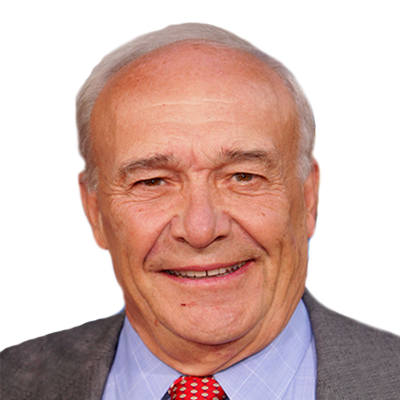 Bill Nack
Bill Nack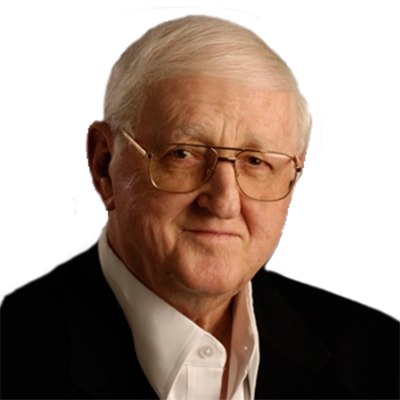 Dan Jenkins
Dan Jenkins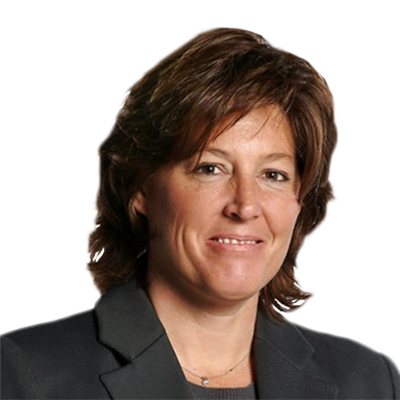 Sally Jenkins
Sally Jenkins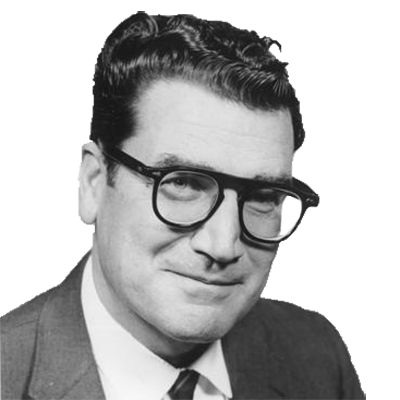 Jim Murray
Jim Murray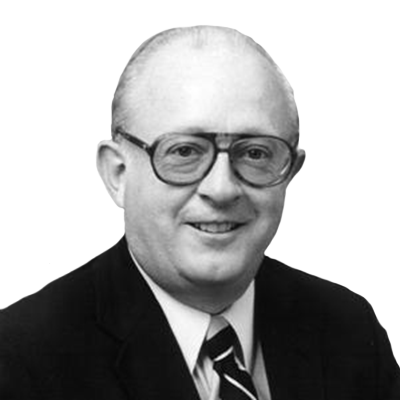 Dave Anderson
Dave Anderson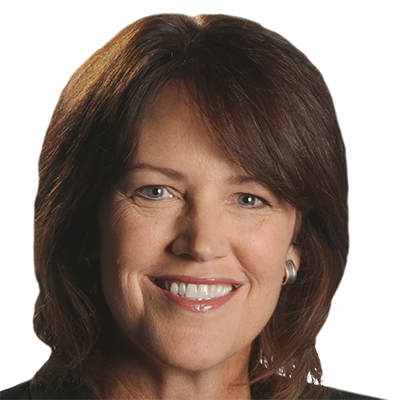 Christine Brennan
Christine Brennan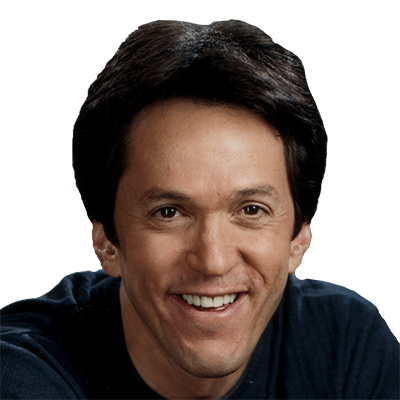 Mitch Albom
Mitch Albom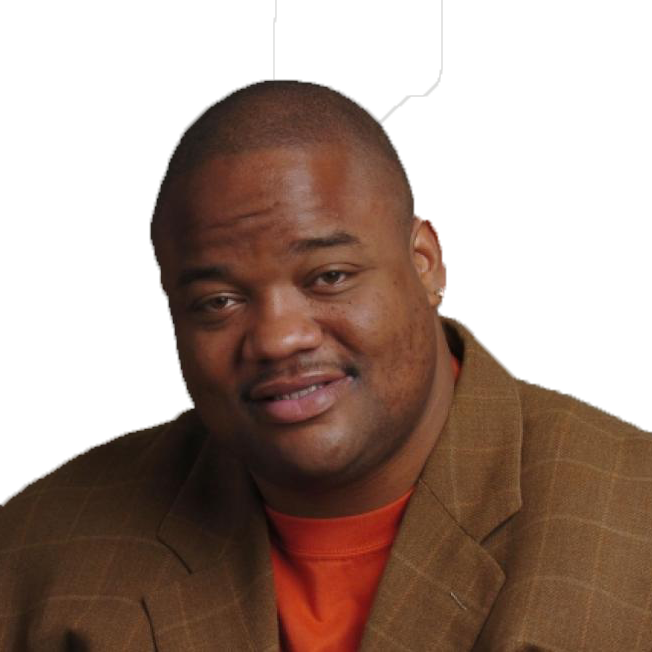 Jason Whitlock
Jason Whitlock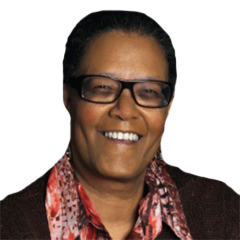 Claire Smith
Claire Smith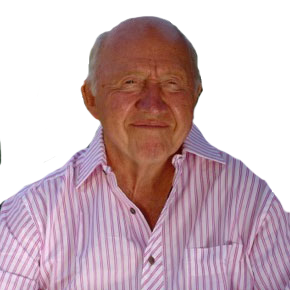 Bud Collins
Bud Collins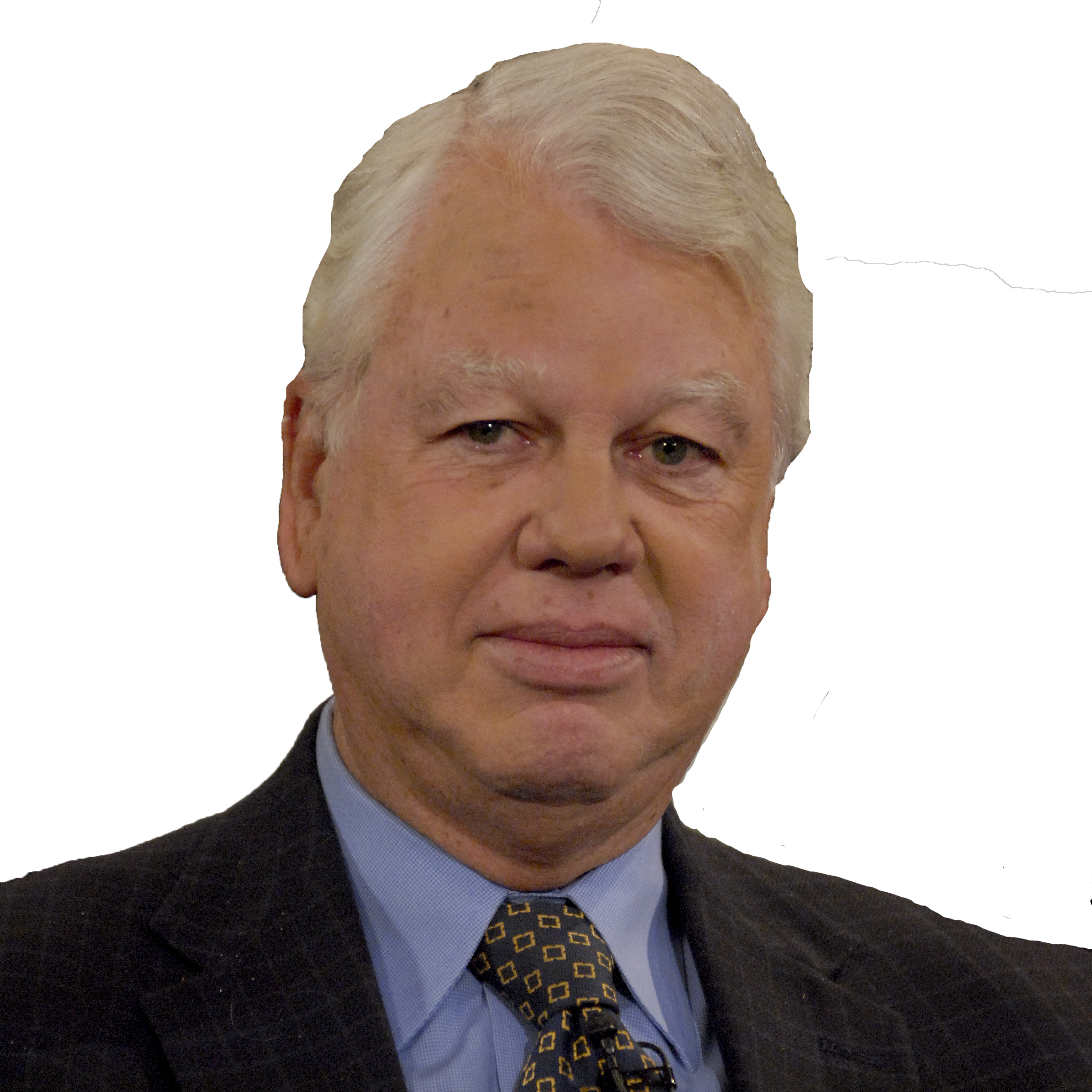 Bob Ryan
Bob Ryan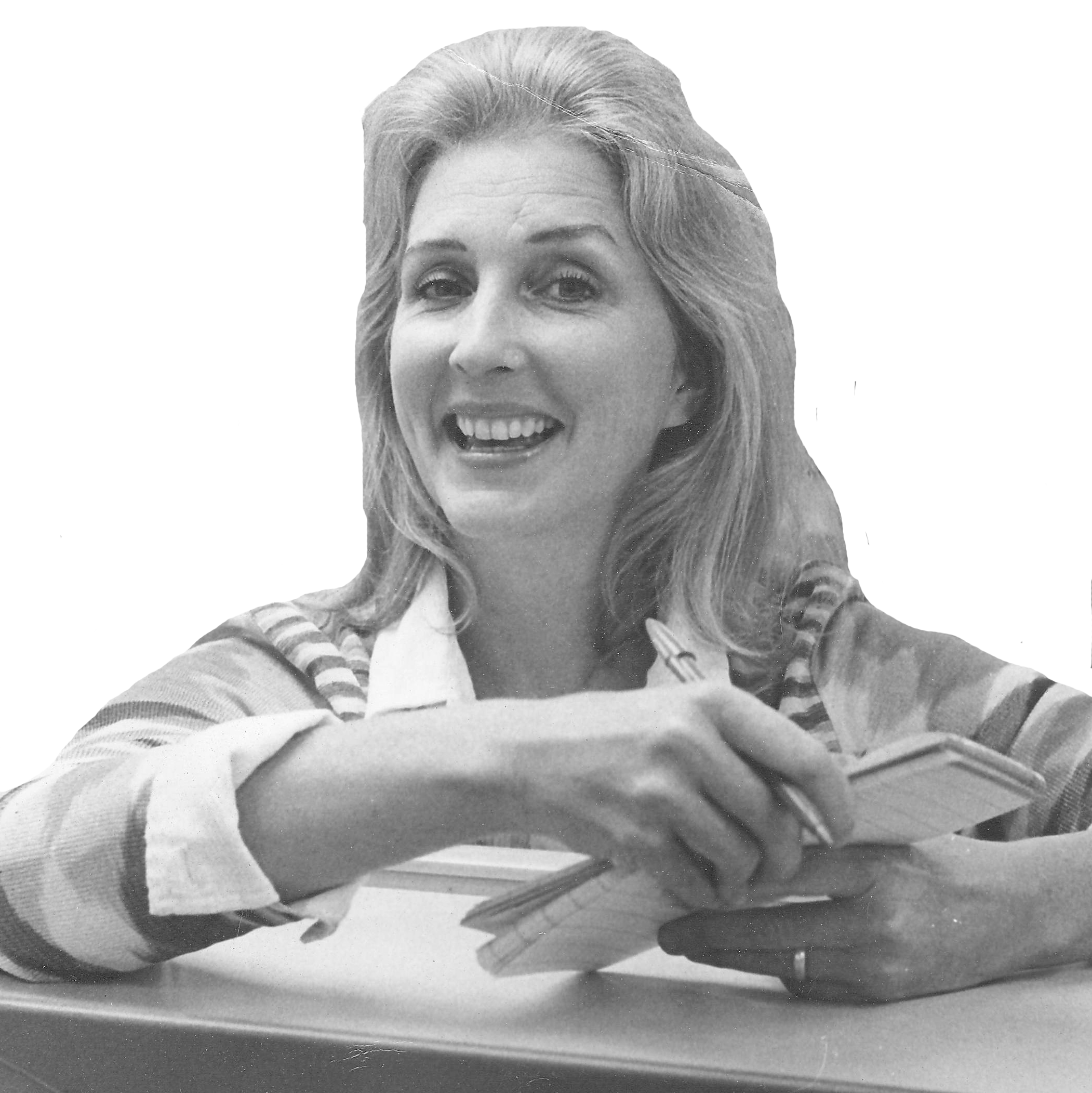 Joan Ryan
Joan Ryan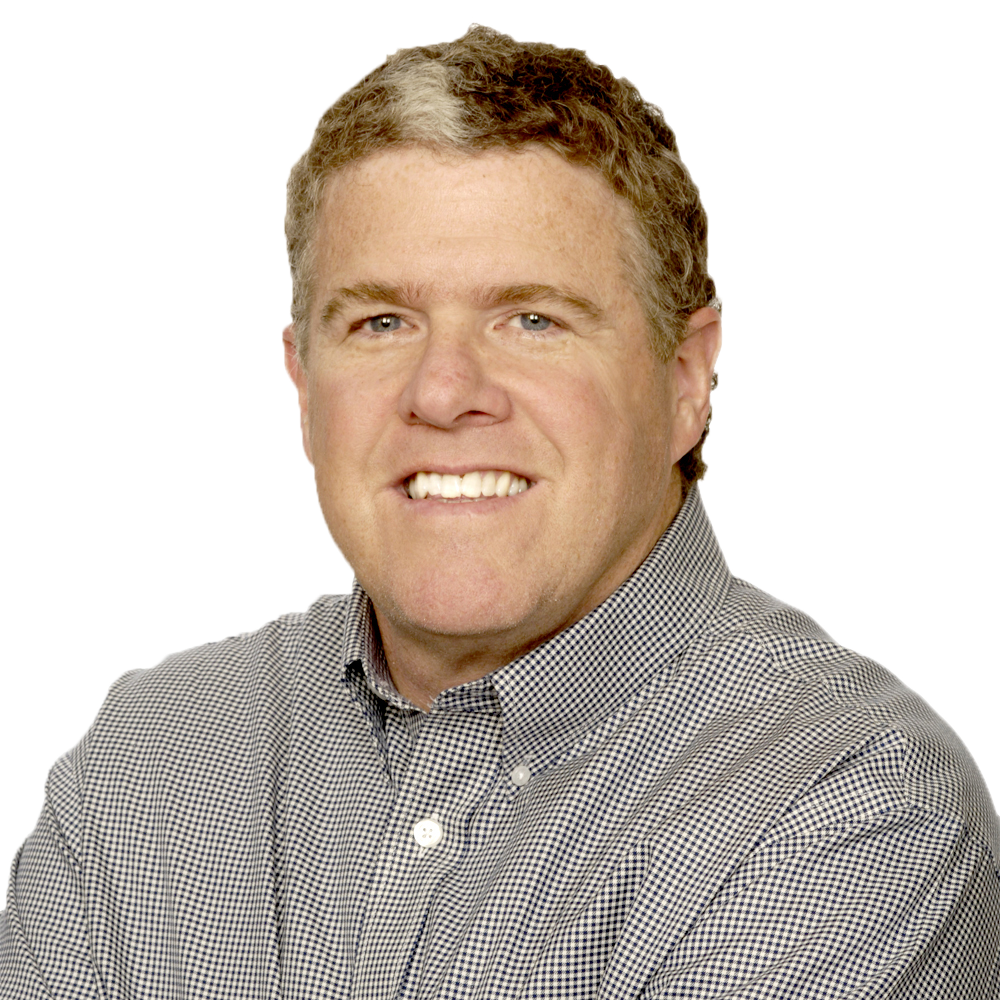 Peter King
Peter King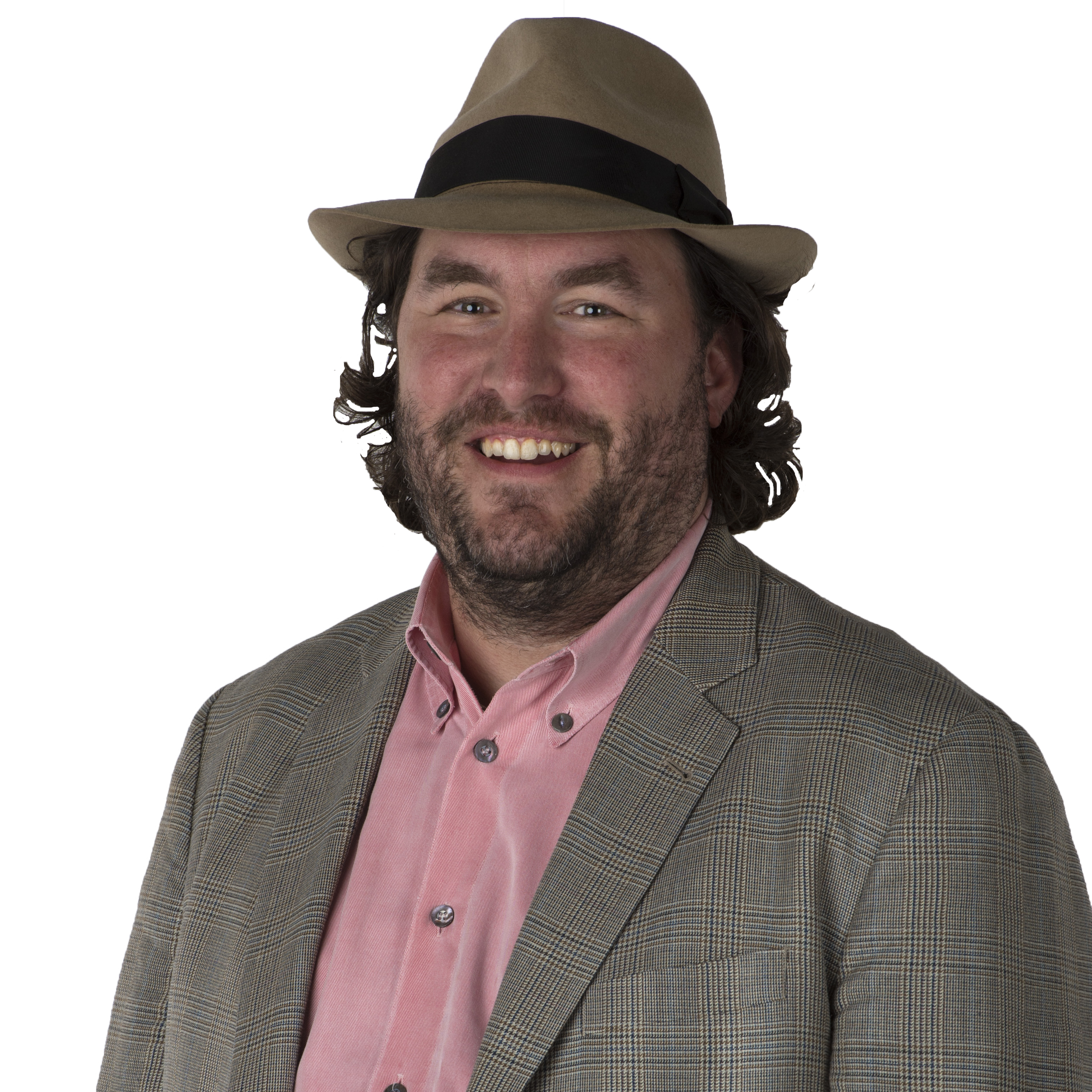 Wright Thompson
Wright Thompson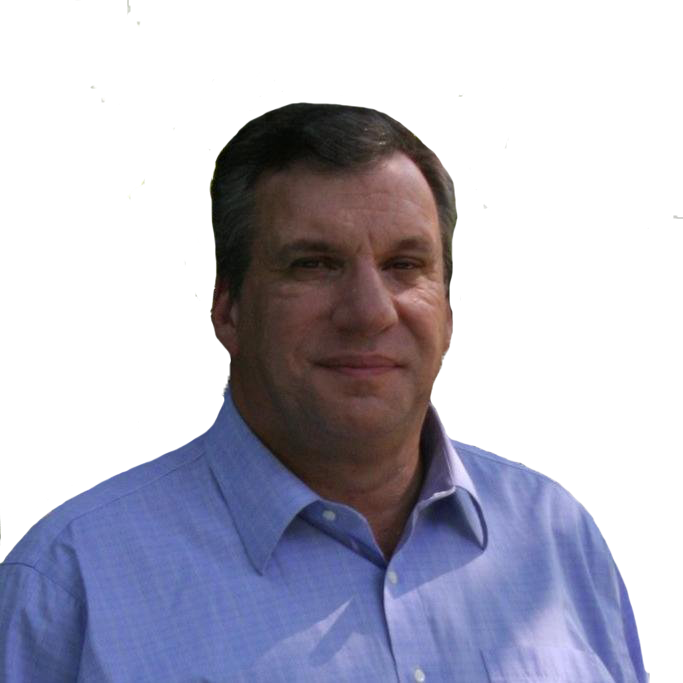 John Feinstein
John Feinstein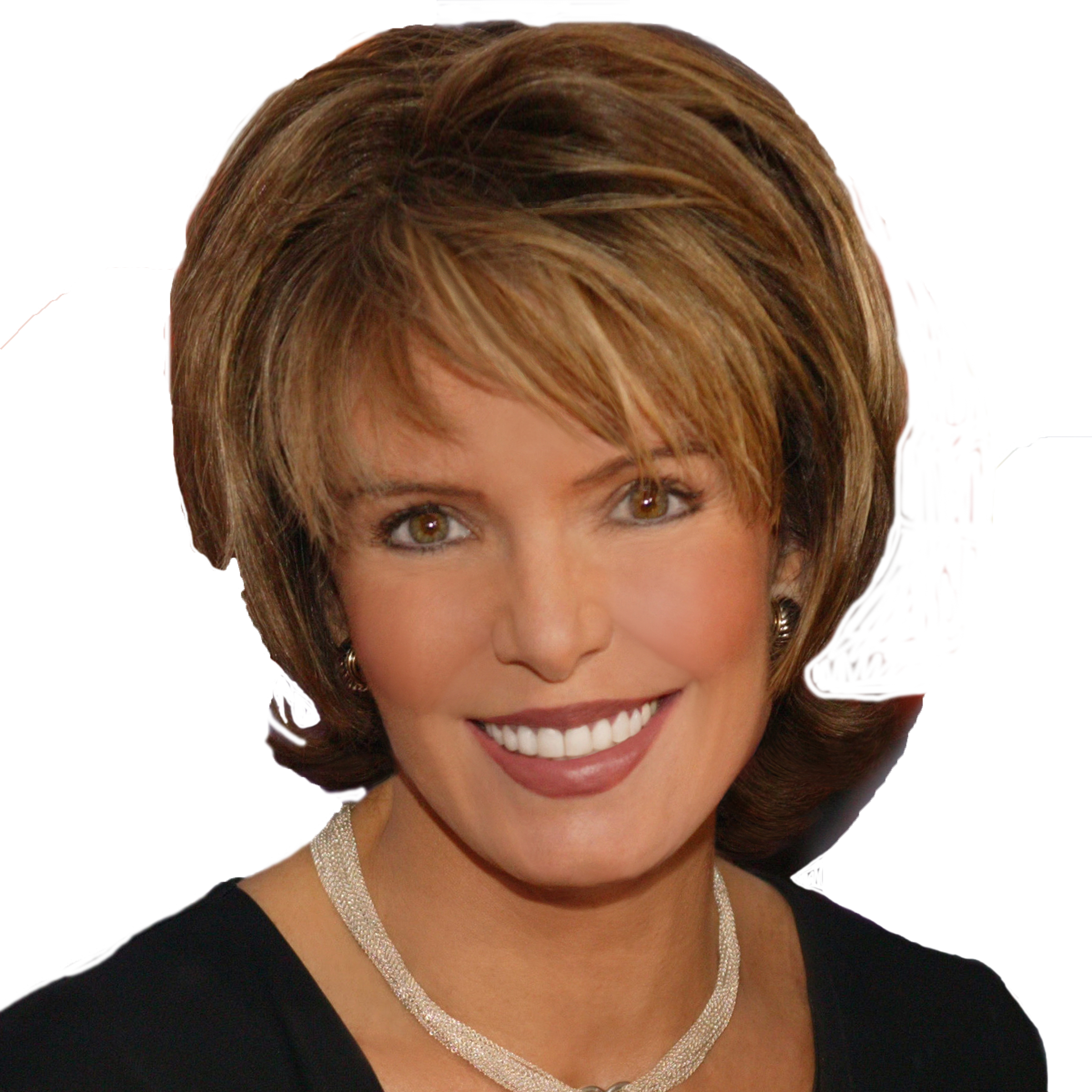 Lesley Visser
Lesley Visser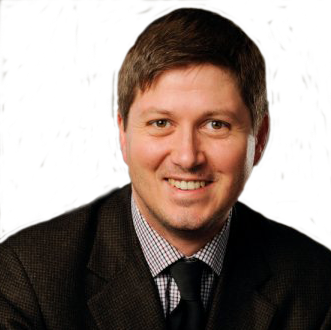 Will Leitch
Will Leitch Tim Kurkjian
Tim Kurkjian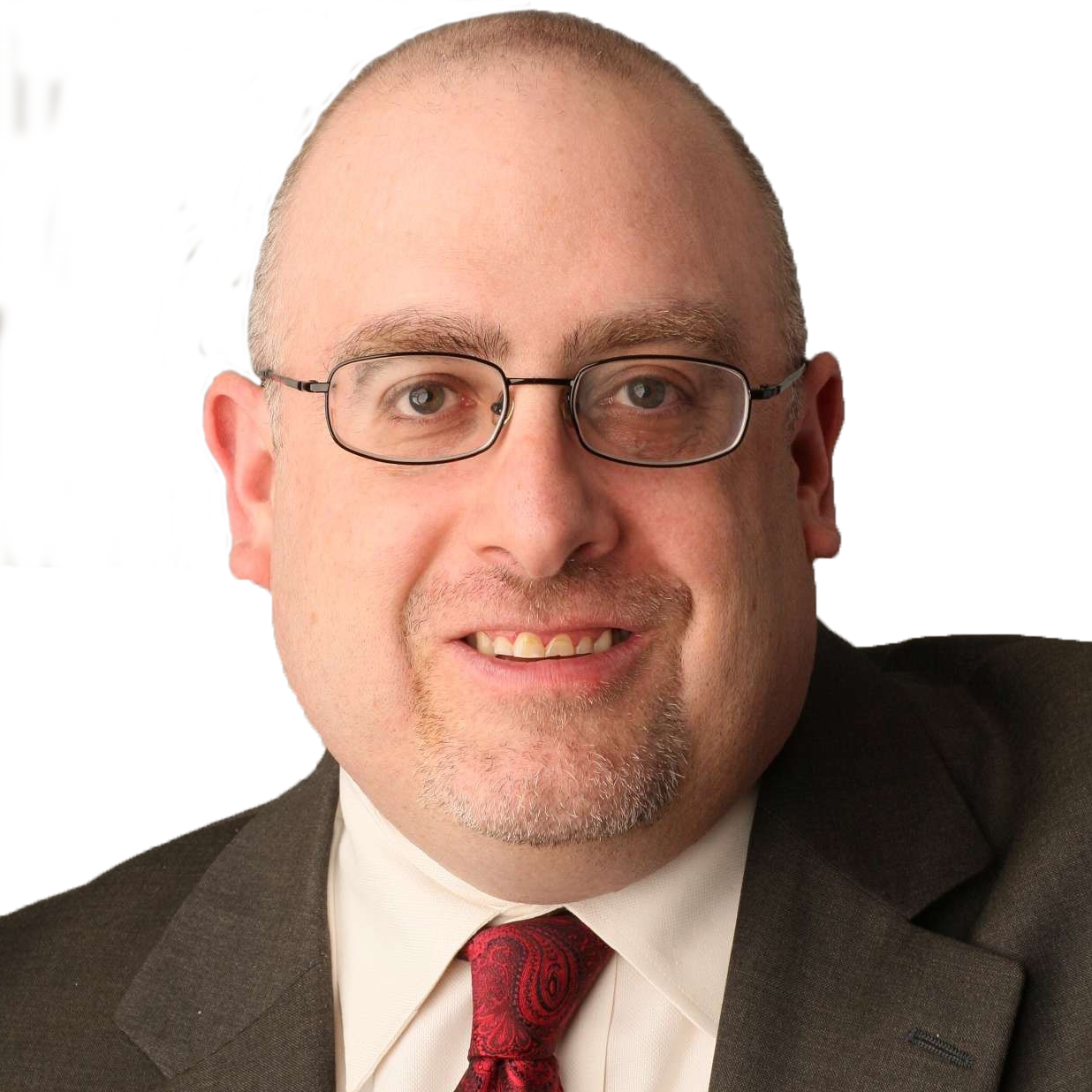 Joe Posnanski
Joe Posnanski
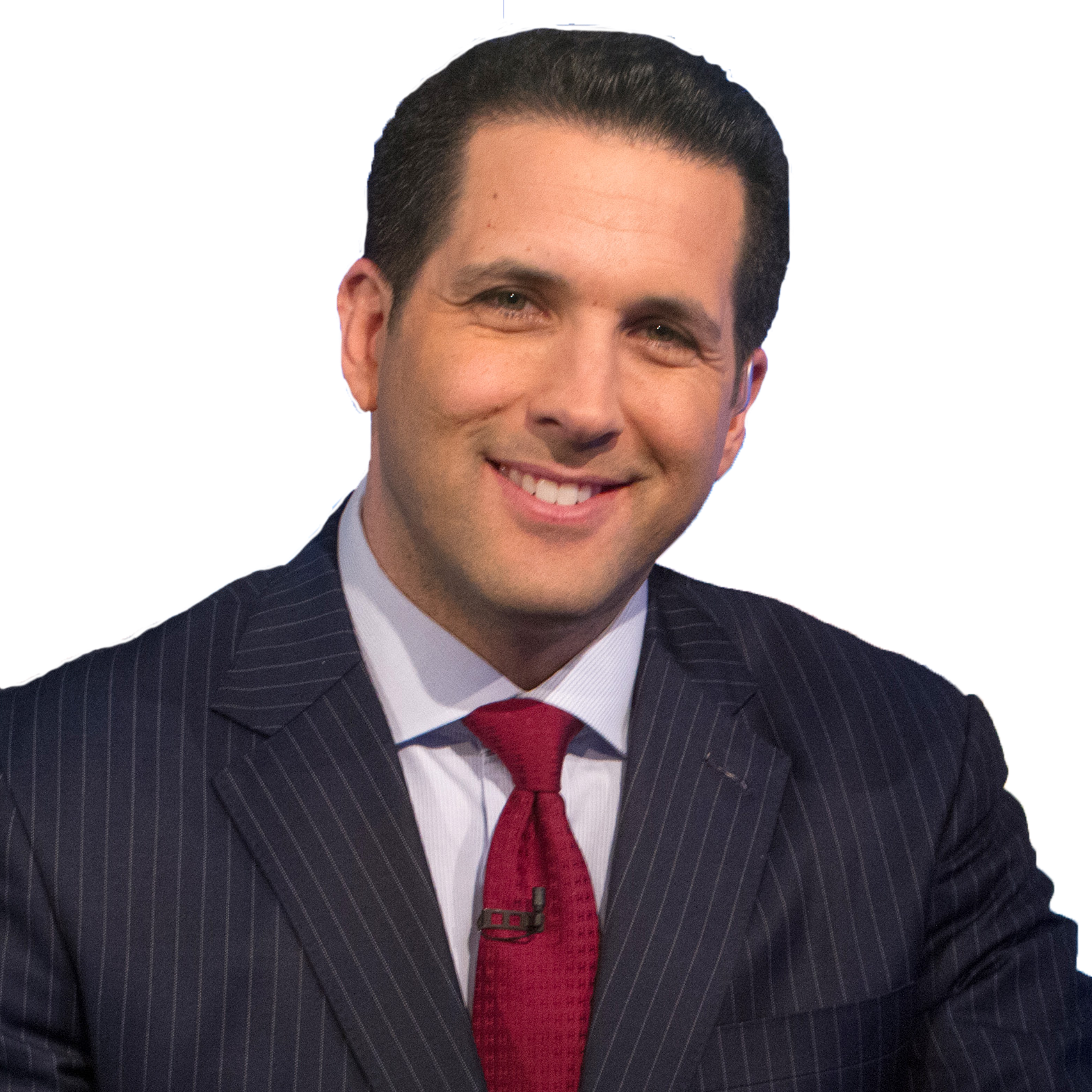 Adam Schefter
Adam Schefter
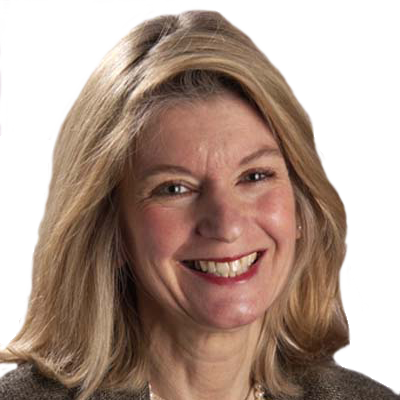 Terry Taylor
Terry Taylor
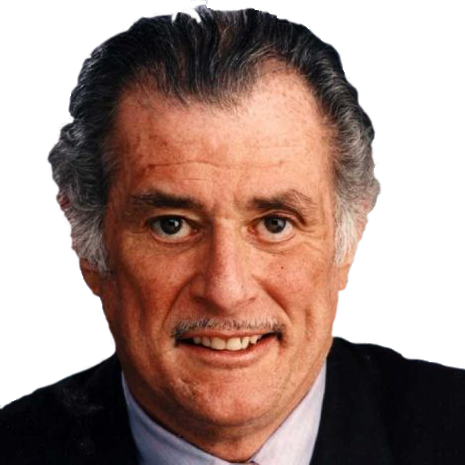 Frank Deford
Frank Deford
 Tom Boswell
Tom Boswell
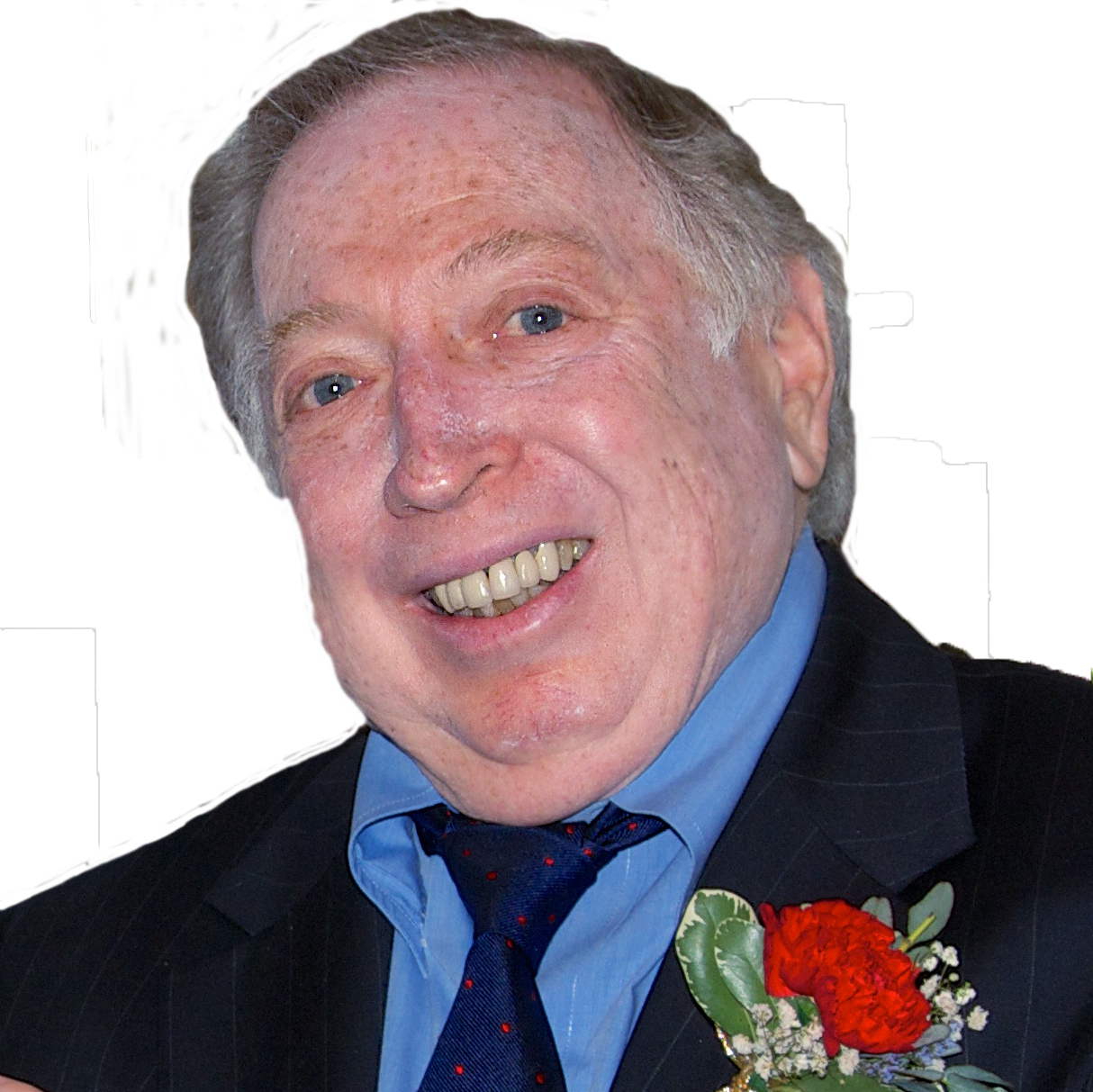 Neil Leifer
Neil Leifer
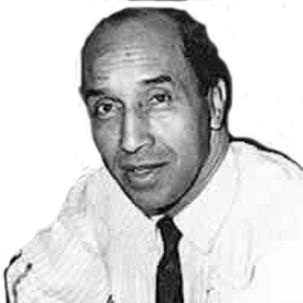 Sam Lacy
Sam Lacy
 Jane Leavy
Jane Leavy
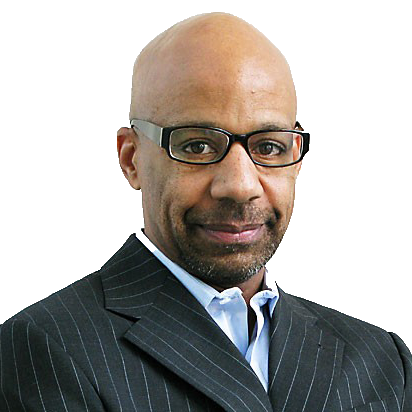 Kevin Blackistone
Kevin Blackistone Juliet Macur
Juliet Macur Andrew Beyer
Andrew Beyer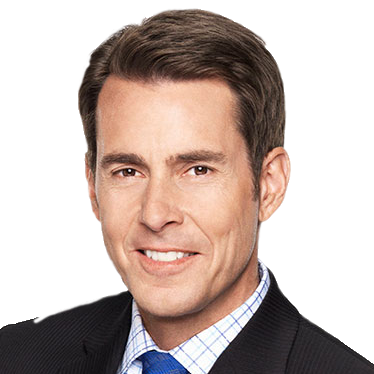 Tom Verducci
Tom Verducci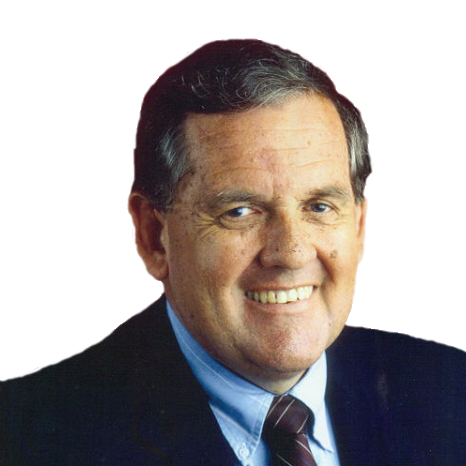 Hubert Mizell
Hubert Mizell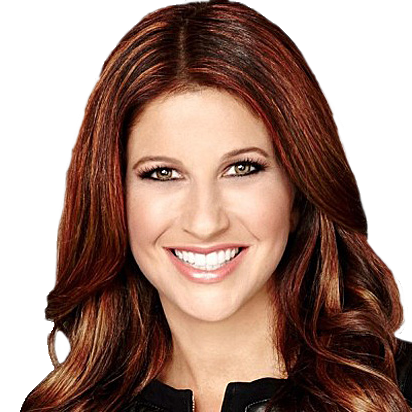 Rachel Nichols
Rachel Nichols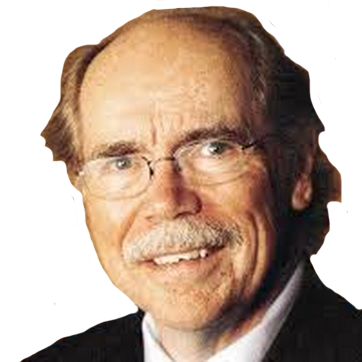 Dave Kindred
Dave Kindred Mike Lupica
Mike Lupica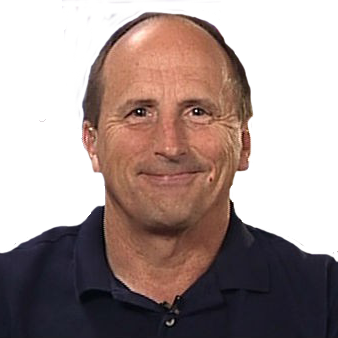 Richard Justice
Richard Justice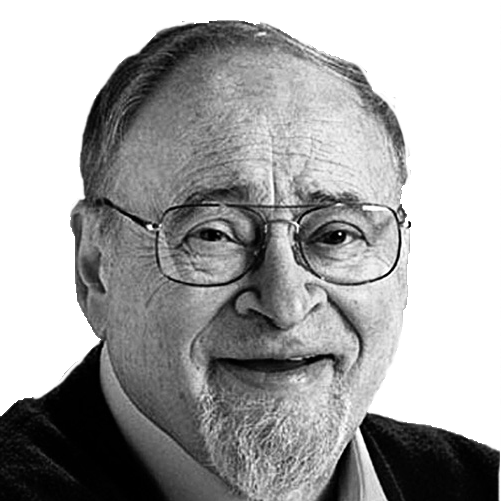 Jerry Izenberg
Jerry Izenberg Bill Plaschke
Bill Plaschke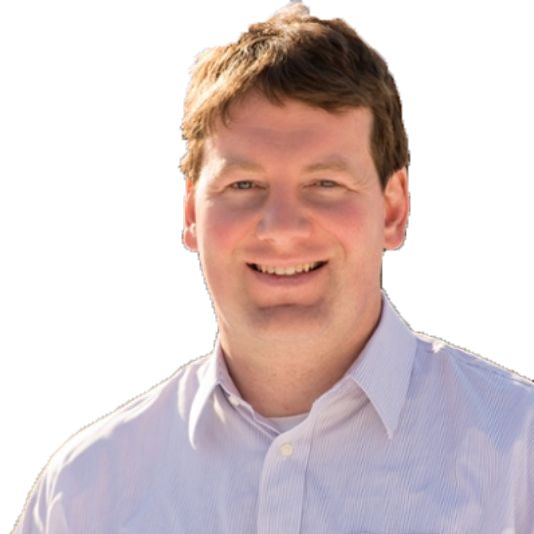 Kevin Van Valkenburg
Kevin Van Valkenburg George Vecsey
George Vecsey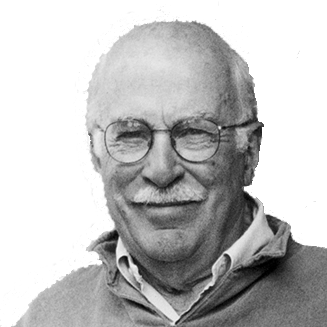 Roger Angell
Roger Angell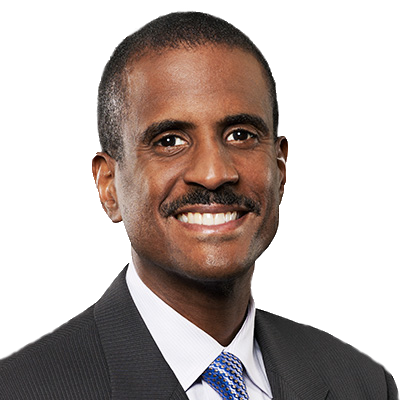 David Aldridge
David Aldridge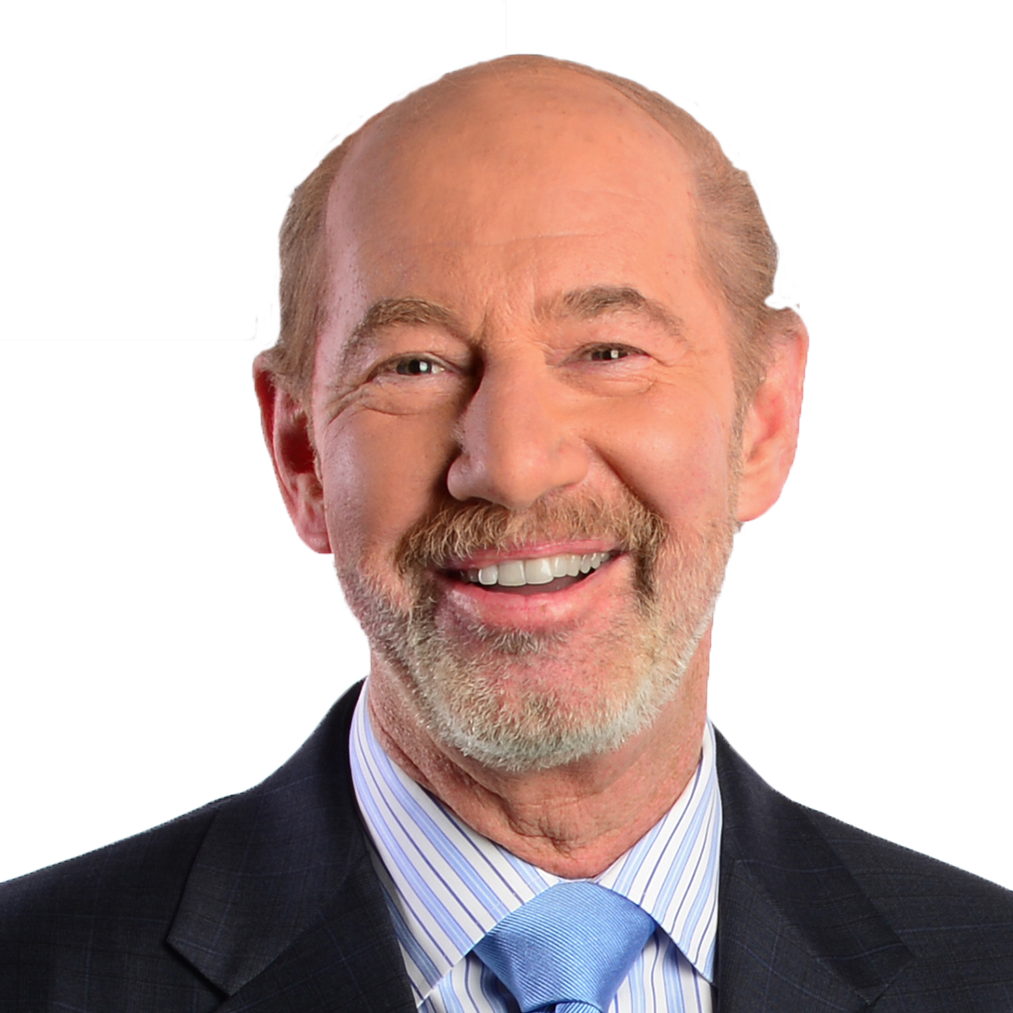 Tony Kornheiser
Tony Kornheiser Jackie MacMullan
Jackie MacMullan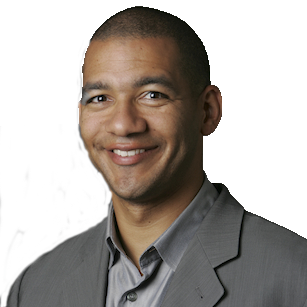 J.A. Adande
J.A. Adande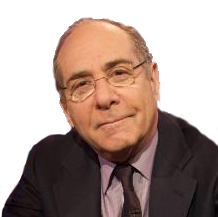 Robert Lipsyte
Robert Lipsyte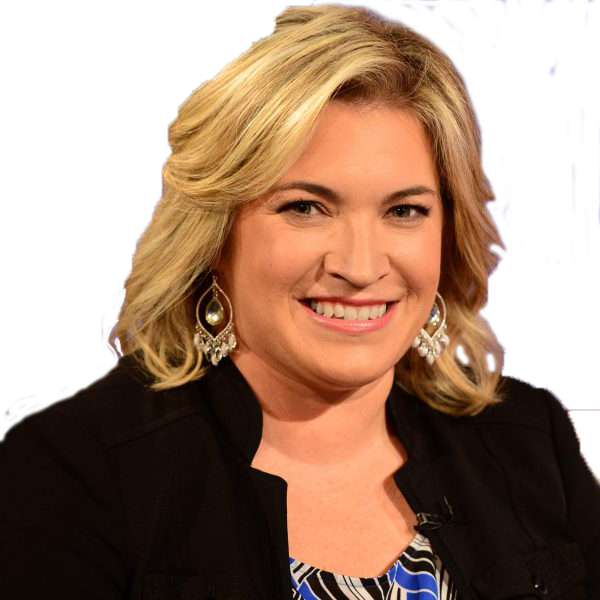 Ramona Shelburne
Ramona Shelburne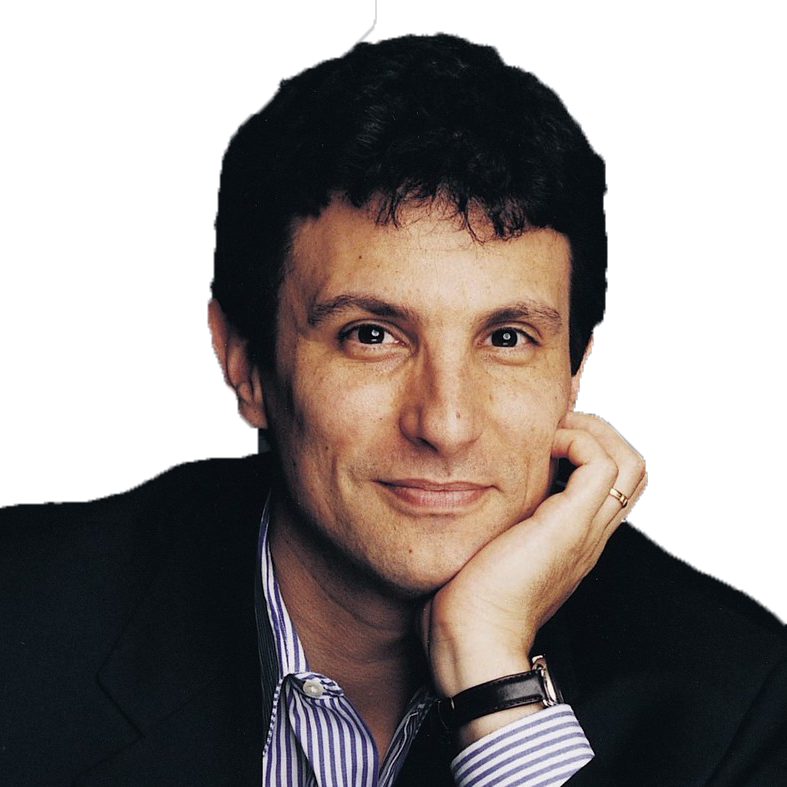 David Remnick
David Remnick Bryan Curtis
Bryan Curtis Chuck Culpepper
Chuck Culpepper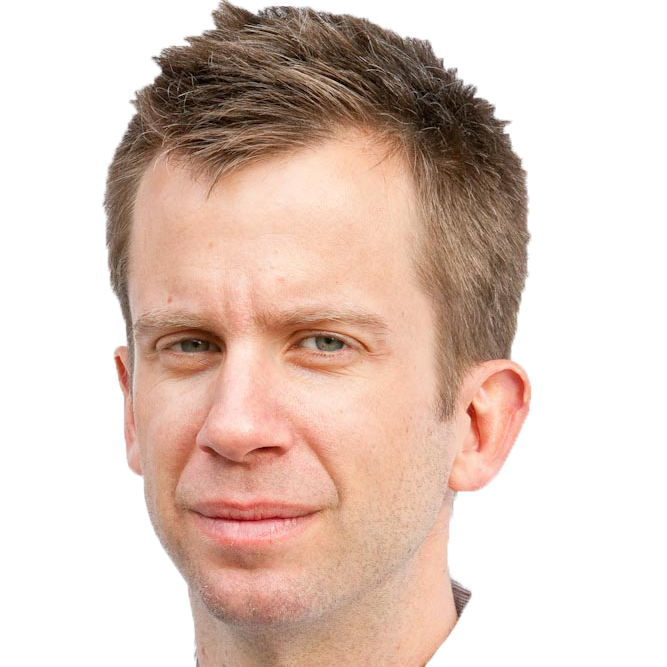 Jason Gay
Jason Gay Heidi Blake
Heidi Blake Dan Steinberg
Dan Steinberg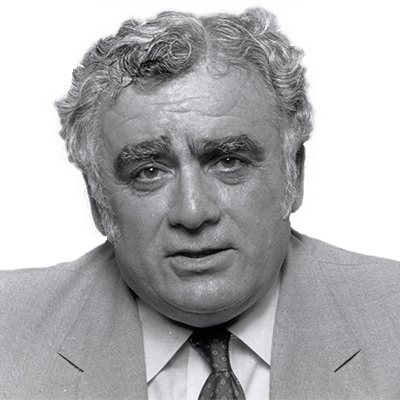 Jerome Holtzman
Jerome Holtzman Barry Svrluga
Barry Svrluga
